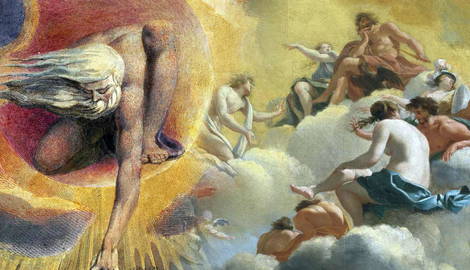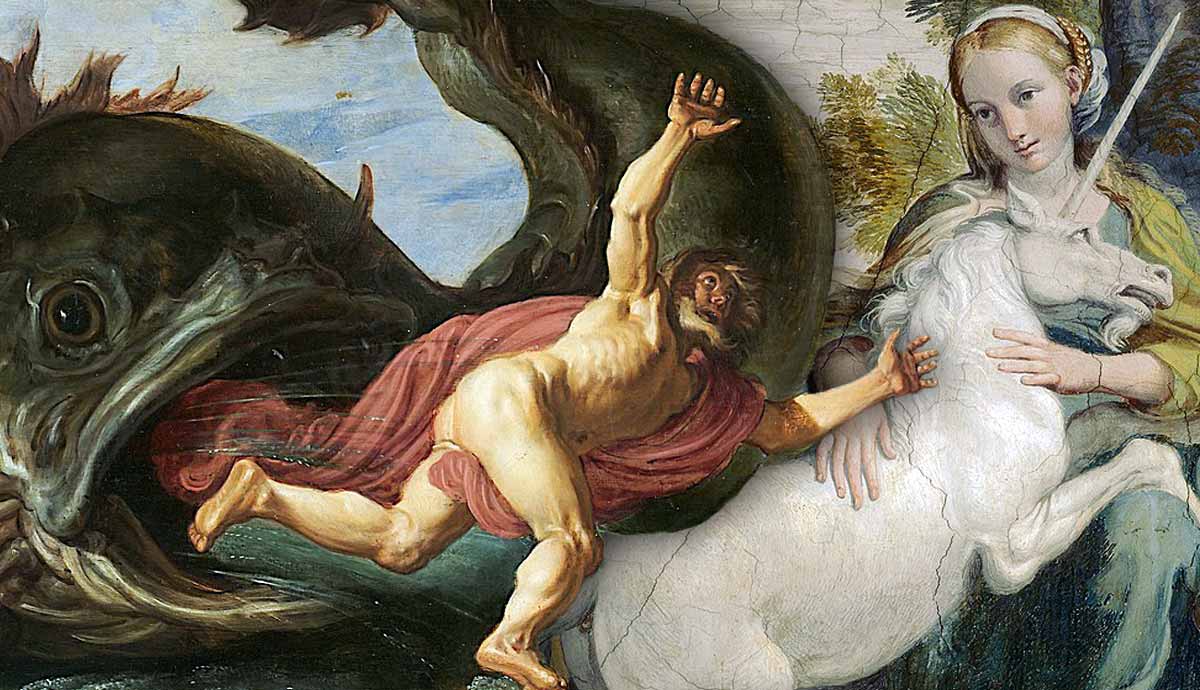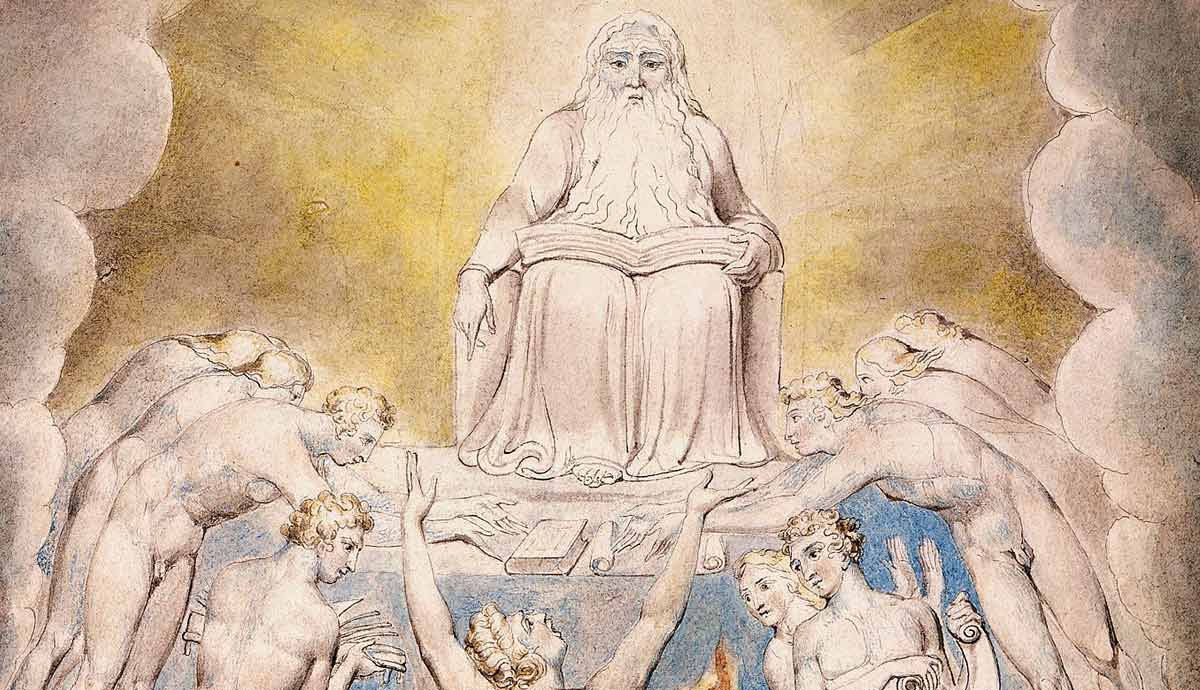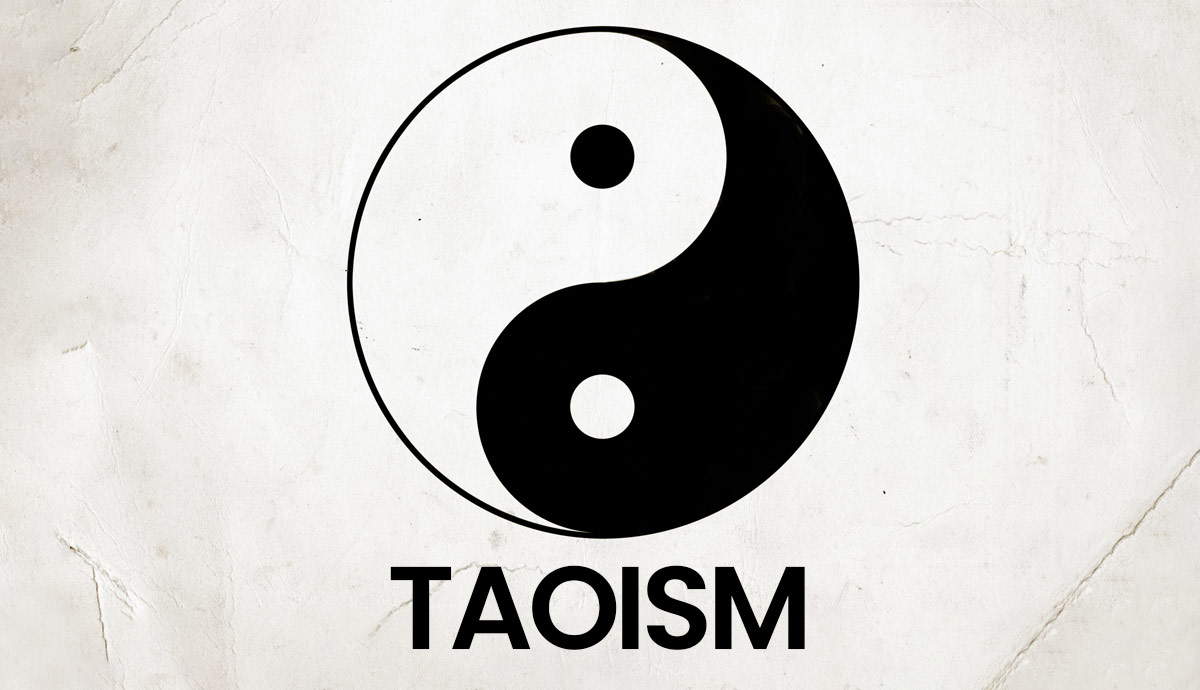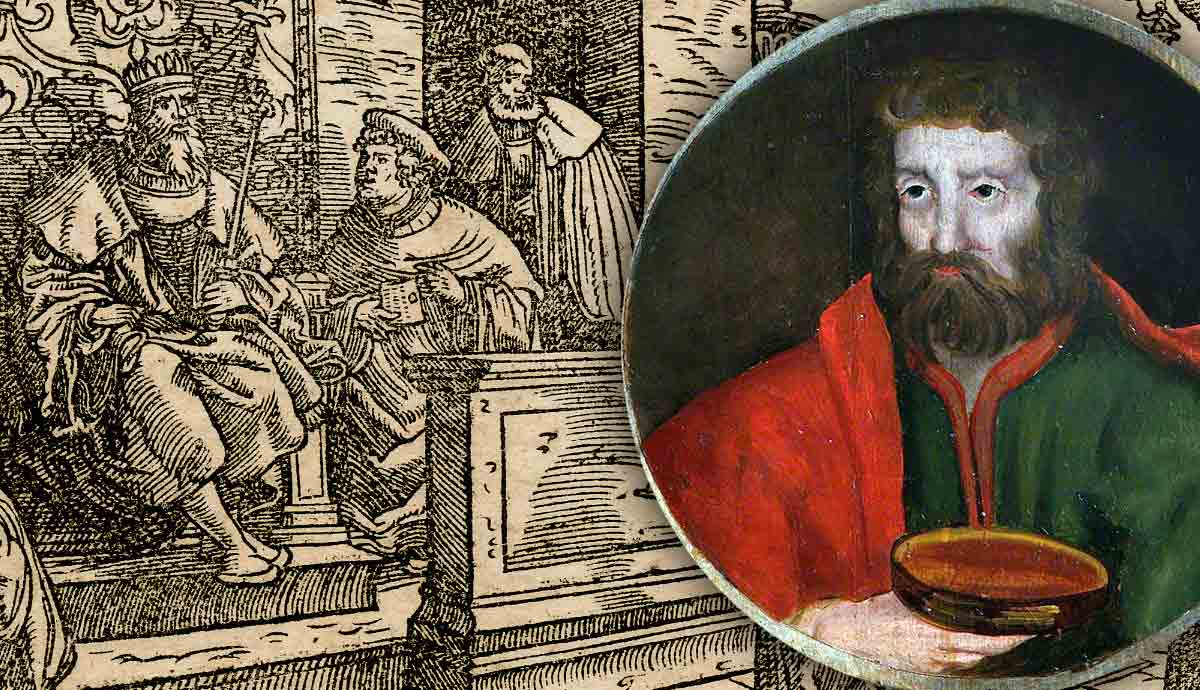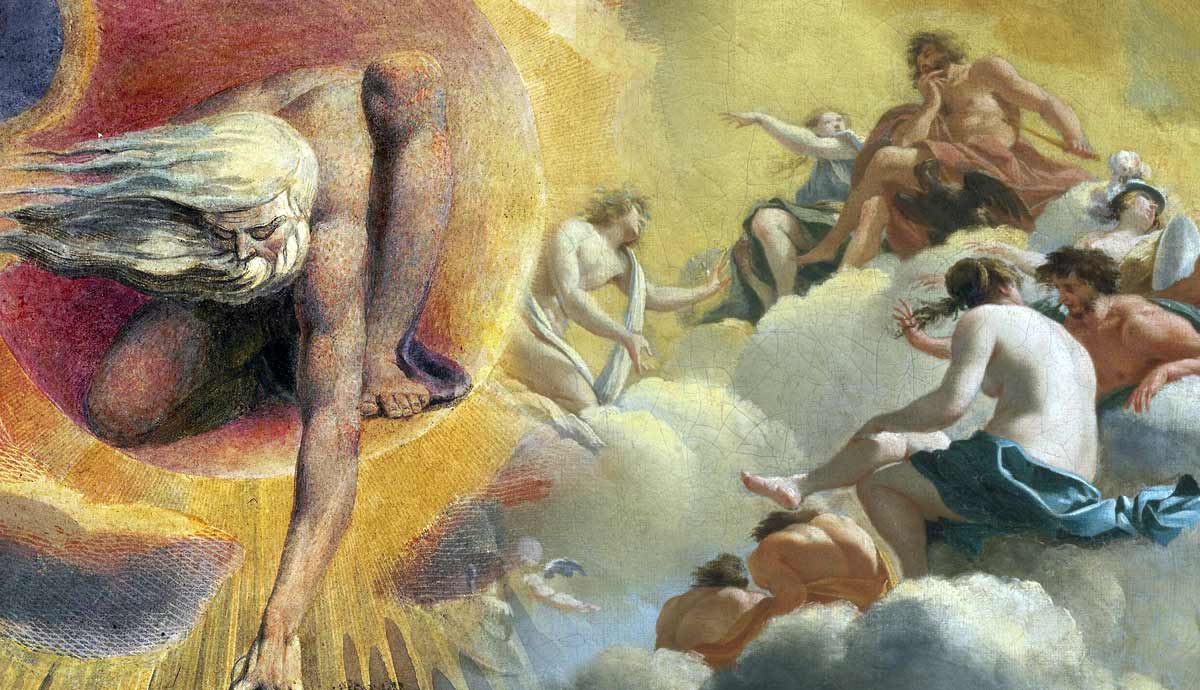
The doctrine of God as taught by Christian theologians differs from the conceptual God debated by philosophers and the inner God experienced by mystics. But how exactly is the God of the scholars and visionaries different from the God of Abraham, Isaac, and Jacob, as Pascal claimed? This article will examine the different ways Christian theologians have studied who and what God is. This includes reflections on God’s existence, nature, persons, attributes, names, titles, and works.
The Existence and Nature of God

The word “theology” has two distinct but related meanings in Christian thought. Theology is the study of the entire body of Christian doctrine, divided up into topics such as revelation, God, humanity, Christ, salvation, the church, and the end times. But in a more specialized and literal sense, theology is the study of God exclusively. This is called “theology proper” or the doctrine of God.
The first topic in the doctrine of God is the existence of God. Philosophers debate this by analyzing the traditional arguments for God’s existence. What is important to note is that each of these arguments has consequences not only for God’s existence but also for the nature of the God whose existence is denied or affirmed. For example, the teleological argument—also known as the argument from design—implies that God is intelligent, purposeful, and powerful, with an artist’s sense of beauty and an engineer’s delight in fine-tuning.

Two ideas theologians use to classify different poles in God’s nature are transcendence and immanence. Transcendence characterizes a God who is distant from creation (as with Deism). Immanence specifies a God who is identified with or identical to creation (as with Pantheism). Christianity teaches that humanity is made in God’s image (imago dei). That means, on the one hand, the Christian God is both near us and like us. But it also means God is qualitatively distinct and different from us as our Creator. But just how different?
The Persons of the Godhead

The doctrine of the Trinity is one of the most unique features of the Christian faith and its doctrine of God. It teaches that there are three distinct persons in the godhead—the Father, the Son, and the Holy Spirit. These three are one God, the same in substance, equal in power and glory. Each divine person is distinguished by a unique characteristic: the Father generates the Son, the Son is begotten by the Father, and the Spirit proceeds from the Father (if Orthodox) and the Son (if Catholic or Protestant).
A few points are necessary to understand this tricky doctrine.
- The three trinitarian persons are not merely the same species but the same essence. That means there is no polytheism or a belief in many gods. Christians believe that there is numerically only one God (monotheism). Philosophically stated, God is an Absolute Person.
- The doctrine of the Trinity is not some mathematical puzzle or paradox. It is the end result of belief in Christ’s full divinity and the Spirit’s complete personality. It took the church four centuries to figure it out, during which it became the main organizing schema of the early church creeds.
- The positive implication of the Trinity is that God lives a communal life within himself, delighting in his own company and family. Christians believe that God created the cosmos out of a sense of self-sufficient fullness, not out of loneliness, or a need for companionship and affirmation from beings beyond himself.
The Attributes or Virtues of God

The attributes of God are those characteristics that make up God’s nature. Firstly, there are those attributes that constitute God as divine. These are sometimes called incommunicable attributes because humans do not participate or share in them to any degree. These are mostly formulated in negative terms—we can only use them to say what God is not.
- The aseity or independence of God means God does not derive being or life from any outside source.
- God is immutable, which means God doesn’t change.
- Included are eternality and immensity, which means God is not extended in time or space, or limited by them.
The other classification is communicable attributes. These are characteristics that we share with God and reflect from God as human beings made in the divine image. They are positive and include: wisdom, justice, goodness, truth, love, righteousness, patience, mercy, and peace. These attributes are sometimes called the virtues or moral attributes of God.
One challenge for Christian theologians is to relate these virtues to each other in a harmonious way e.g. the demands of justice with God’s willingness to forgive. Another is to describe an attribute like holiness that is traditionally classed as communicable but that has incommunicable implications. Finally, there are biblical attributes like jealousy and wrath that modern conceptions of God find difficult to fit into the picture of an omnibenevolent (all-loving) God.
The Personal Names of God

Divine names are one important source of information about the doctrine of God. Names in the Christian Bible are not arbitrary. They are special designations that define or describe what is named. This is true in the doctrine of Christ, and even with the names of many humans and biblical places. This is especially true for God and his personal names. The principle is that God’s name is God revealed. We know God by what he is called.
Some of the references to God in the Old Testament are generic words for any divine being or beings. They are essentially epithets that are even applied to angels and human rulers. It is the same in the New Testament when God is called “lord.” The personal name for God in the New Testament is “Father” (how God is addressed in the Lord’s Prayer). The Aramaic word “abba” is also used, which means something like “papa.”
The most personal, sacred, and distinct name for God in the Old Testament is Yahweh (incorrectly vocalized as Jehovah). This is the name that the Third Commandment warns us not to take in vain. It is often related to God’s pronouncement and self-revelation at the Burning Bush: “I Am that I Am” (Exodus 3:14). The precise meaning of this is debated, from “I Will Be Who I Will Be” to “I Am He Who Is.” Jesus applied such “I am” language to himself several times in the Gospels.
The Ancient Titles of God

Many of the titles of God in the New Testament refer back to its basic description of God as our Heavenly Father. For example, God is called the Father of mercies, the Father of glory, the Father of spirits, and the Father of lights. The New Testament also contains titles for God that allude back to Hebrew versions, such as “the Almighty” and “the Most High.” This is to be expected given that the majority of New Testament authors and leaders were Jews.
Many of the titles for God in the Old Testament are expansions of his personal name. One interesting and prominent example is the title “Yahweh of hosts.” The picture here is God as a great king who commands vast armies. This armed host is principally angelic and heavenly, although it includes loyal humans too. Other related titles include:
- Yahweh Tsidkenu (The Lord our righteousness)
- Yahweh Jireh (The Lord our provider)
- Yahweh Nissi (The Lord my banner)
- Yahweh Shalom (The Lord is peace)
The Decrees and Councils of God

Describing God’s relationship to time, the future, and human freedom has always presented problems for theologians. This is not surprising, since parallel issues about free will and determinism exist in naturalistic worldviews, and in other religions. The basic Christian view is that before the universe was created, God as a trinity planned and ordained what would come to pass in time. This plan is known as God’s eternal decree. For some theologians, such as Calvinists, it includes predestination—God’s selection of some sinful humans for salvation.
Recent scholarship has emphasized that God’s planning before time continues in time. This planning not only involves the three persons of the godhead but also angelic beings in the spiritual realm. This is called the divine council—a heavenly assembly of divine beings (“gods” or angels) over which God presides. In this council, God pronounces judgments (Psalm 82), formulates strategies (1 Kings 22), and grants permission to act (Job 1-2). Sometimes humans are taken up to participate (Isaiah 6). This concept paints a different picture of God to older models of divine isolation.
The Works of God to Us and for Us

The eternal decrees of God are expressed in the works of creation, providence, and salvation. Christian theologians do not believe that the initial act of creation finished or completed God’s relation to the cosmos. God continues to exercise divine power in providence, as he supports, sustains, and governs all things visible and invisible. He employs secondary causes, conditions, and contingencies along with free human choices to execute his plans in what theology calls “concurrence.”
The Christian doctrine of salvation is another topic beyond the doctrine of God. This is ironic since it is in the act of salvation that God most clearly reveals who he is. The Christian doctrine of salvation centers around the person and work of Jesus Christ—who Jesus is and what he accomplished for us. Traditional Christian theology presents Jesus not only as someone who taught about God or acted for God but as the second person of the Trinity in human form: God manifest in the flesh. To know Jesus, then, for Christians, is to know God himself.
